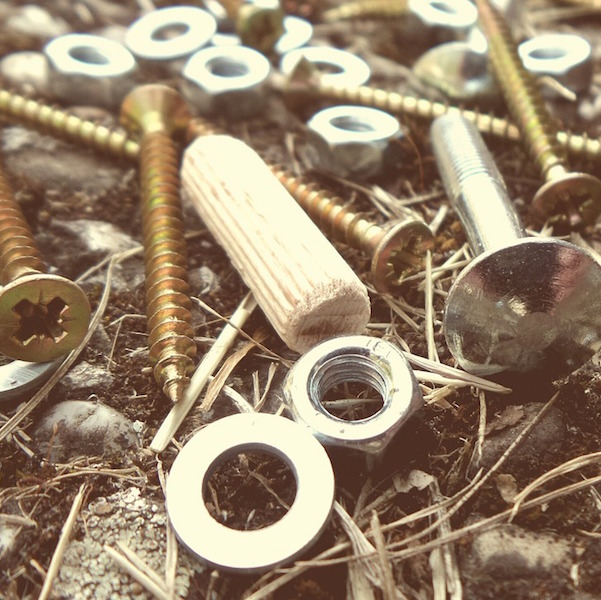
Contributed by Madison Engle
Taking care of an elderly loved one can be time consuming and stressful, but it is important not to let their assets fall to the wayside. This is especially important if they own an older home, as it may have been neglected while your loved one’s health deteriorated or other life events became a higher priority. Try to take as much pride in their hard-earned assets as you would take in your own. Follow these five home improvement tips to make sure your loved one’s home is safe and comfortable for them and one less source of stress for you.
1. Check for mold and mildew
Mold and mildew can cause a host of health problems, from asthma to infection and even death. Make sure your loved one can breathe easier by checking for and eliminating any mold or mildew in the home. Common places that harbor mold and mildew include HVAC systems, window ledges, and under kitchen sinks and bathroom tile. Basements should also be checked for mold, which could indicate leak-causing cracks in the foundation. If you have found mold or mildew in your or your loved one’s home, it is best to hire a professional mold remover to ensure it is properly taken care of and won’t come back in the future.
2. Have trees on the property checked for rot or other problems
The last thing you want is a good storm to blow a tree over into your house or a limb taking down a power line. Caution: Don’t attempt to prune trees yourself – avoid disaster by hiring a tree inspector. They will check for rot, fungus, cracks, insects, and dead spots, which are all potential hazards. It may be sufficient to simply remove a limb from the tree, or it may be necessary to take it down completely in severe cases.
3. Move living spaces to the ground floor without completely remodeling the house
If your loved one has issues with mobility but lives in a multi-story house, it may be time to consider moving essential living spaces to the ground floor for better ease. If you think you may want to resell the house sometime in the future, you’ll likely want to hold off on a full remodel in order to retain market value. However, it might be a smart idea to move a bed to the living room, convert a laundry room into a bathroom, add removable railings, or replace doorknobs with lever-style handles. Optimize the space you have to make mobility less of a worry while keeping the house’s integrity intact.
4. Prevent clogged gutters by installing gutter guards
Climbing on a roof to unclog gutters can certainly be dangerous. If your aging loved one is a bit spry for their age, you certainly don’t want to have them attempt to climb up there to take care of the problem themselves. And you probably don’t want to climb up there either. Install gutter guards to prevent clogs from happening altogether. Added Bonus: You can also protect the foundation of the home by diverting water away from it, possibly preventing flooding (and mold) as well.
5. Eliminate fire hazards like old electrical outlets and outdated appliances
Old homes may have faulty electrical outlets or appliances that are no longer up to code. These, along with frayed wires, split cords, and other common items around the house are common fire hazards. Make sure to have your loved one’s home inspected for such hazards and hire an electrician to bring it back up to code if necessary. Afterwards, you can further protect your loved one by securing cords away from walkways to reduce fall risk.
Following these five home improvement tips will save you a lot of headaches and help you be a more effective caregiver. But remember, every situation is unique, so you may need to adapt these tips to best meet the needs for you and your loved ones. Perhaps the best (and basic) advice we could give is to simply ask your loved one what improvements would make their life easier.

